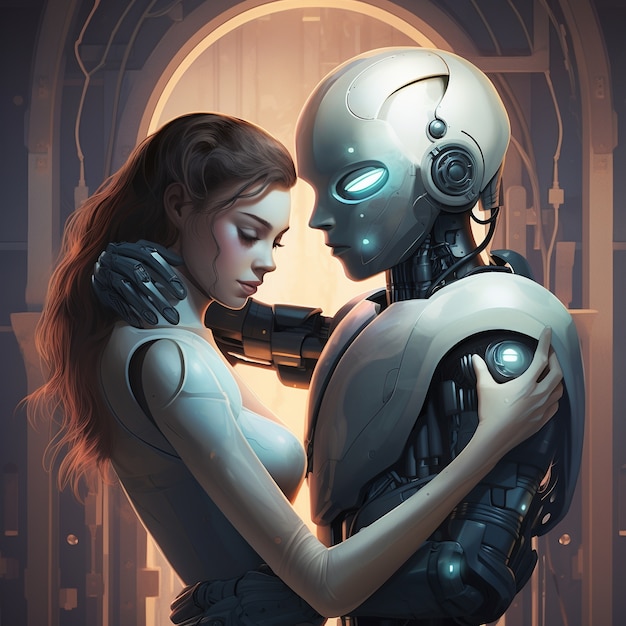
Sign up for our daily and weekly newsletters to get the latest updates and exclusive content on industry-leading AI coverage.
More than a year after its mainstream debut with ChatGPT, generative AI remains a hot topic among many artists. Tools like Nightshade, designed to help artists resist AI companies scraping their work for image and video generation models, highlight the ongoing controversy.
Despite this, major pop culture figures are embracing AI. This week, the showrunner and writer of HBO’s True Detective: Night Country and Ye, the artist formerly known as Kanye West, both released new AI-powered material.
In the second episode of True Detective: Night Country, directed by Issa López, viewers spotted what appeared to be AI-generated posters in a character’s bedroom. These posters, showing a girl group and a rock band, were clearly AI-generated. The rock band poster, labeled “Metal U.S. Tour,” featured a strange, bulky “A” in its logo and the nonsensical phrase “2st LIVE,” which combined “1st” and “2nd.”
Although the AI-generated posters might have gone unnoticed by many, critical viewers on social media quickly pointed them out, leading to mixed reactions. López explained on social media that the AI-generated posters were intended to appear “sad” to match the show’s desolate Arctic setting. She also hinted that their use could be a critique of the technology, reflecting the production team’s ambivalence towards AI.
Meanwhile, Ye has faced his share of controversies, from offensive remarks to public struggles with mental health. His upcoming album, Vultures, a collaboration with Ty Dolla $ign, is due out soon. To promote the album, both artists posted an AI-generated audiovisual trailer on Instagram. Created by Canadian visual artist Jon Rafman, the trailer featured surreal, eerie imagery typical of early AI video art.
Rafman, who discussed AI’s impact on his art in a recent interview, likened AI’s role in art to the Industrial Revolution, suggesting it frees artists from mundane tasks, allowing them to focus on storytelling. Despite his acknowledgment of AI’s polarizing nature, Rafman believes AI will continue to reshape artistic expression.
The initial response to the “Vultures” trailer has been mostly positive, indicating that Ye’s fanbase might be more accepting of AI technology. However, other big-name artists, like Nicki Minaj, have also faced criticism for using AI-generated imagery in their work.
The use of AI in mainstream entertainment, such as the opening sequence of Marvel’s Secret Invasion series created with Midjourney, shows that while some audiences are resistant to AI, its improving quality may make it harder to detect. As bigger artists and creators adopt AI, it seems likely that its use in popular entertainment will only increase, despite dissent from within the artistic community.
Artists and entertainment companies should take note of this trend and be prepared for varied audience reactions to the use of AI in their work.